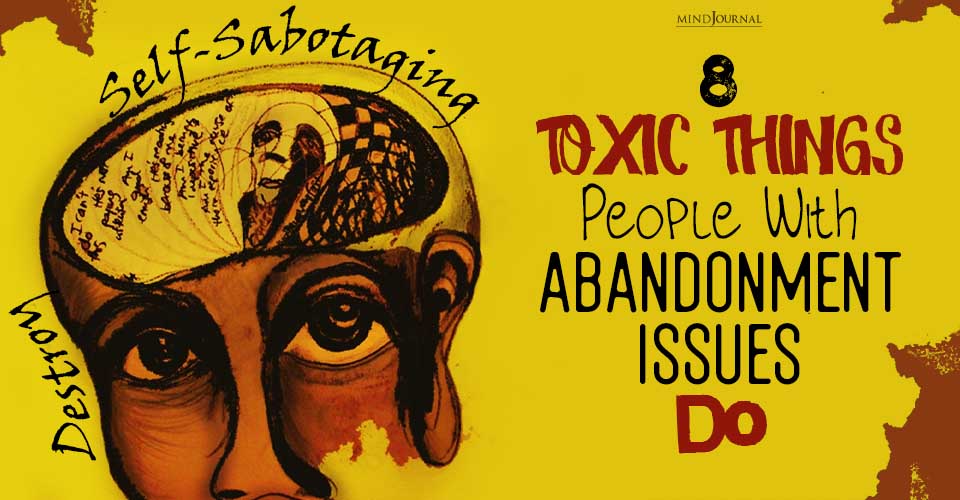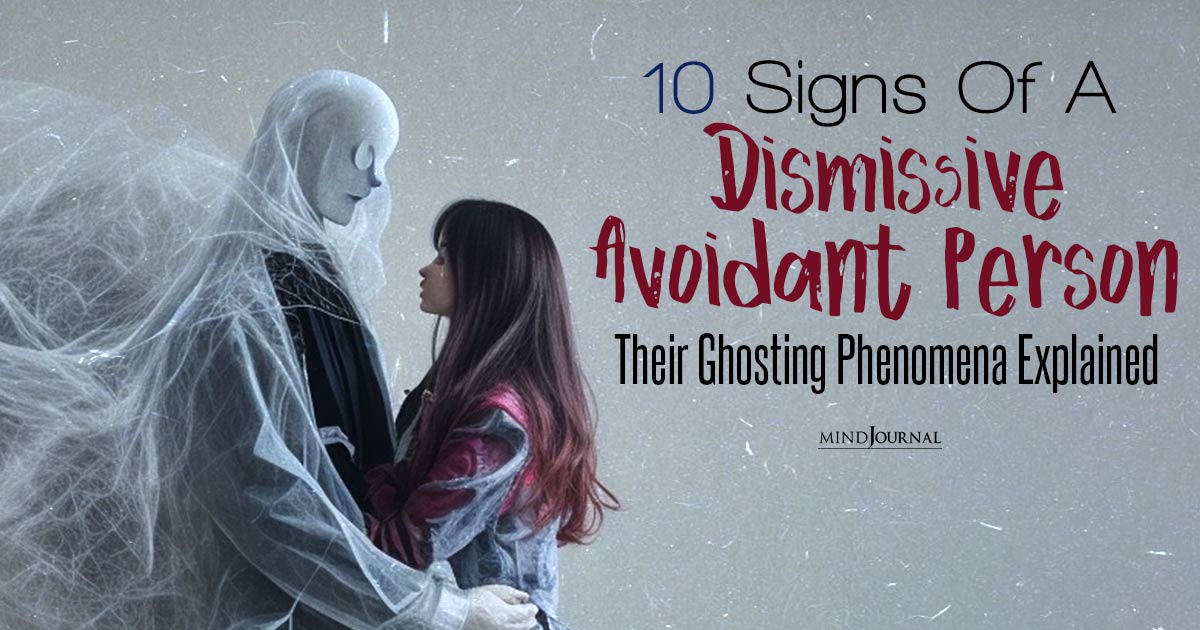Emotional support is an amazing thing to give. But sometimes, you need to draw a line when someone needs you much more than normal, especially when seeking support becomes dependency.
“I don’t know if I would make it if I didn’t have you to talk to.”
“Sometimes I just want it to be over. But I know I have you, and that keeps me from doing anything.”
“You’re the reason I can go on.”
If you hear these words from a friend or someone you care about, they hopefully send a shiver up your spine. For that sentiment is almost always unhealthy and indicates a deep imbalance in your relationship.
There are exceptions. For example, if it’s said in jest with a twinkle in their eye, a clearly playful tone, and it’s understood to be an exaggerated statement of love, then that’s not worrisome. Or maybe if they’re in some kind of absolutely dire circumstance, such as caring for an ill parent or recently lost their job, then perhaps it’s an understandable and human response to a crisis.
But if these words are routinely said in the context of a normal relationship alongside routine conversation such as, “What are we doing Friday night?” “Did you get my text?” or maybe even, “I think I need therapy,” then you’re in the troublesome territory.
When Need Becomes Dependence…
Don’t get me wrong. Normal, healthy friends listen intently about each other’s depression or sadness and even sometimes you might hear that someone wants to hurt themselves. They feel that down and need support. You can be there for them; that’s a significant testament to your friendship. When it’s you that feels down, it’s wonderful to trust that the same will be given, and someone will have your back.
What’s much harder to tolerate or to cope with is chronic, intense dependence, “What would I do without you? You’re saving me from myself.”
This dynamic can sneak up on you in any relationship. What started out as a fairly even give-and-take somehow mutates into all give, and very little giveback. You slowly begin to realize that this relationship is draining and that you’re having to mute aspects of yourself as you increasingly are required to give them your time and energy.
Related: 9 Differences Between True Love And Emotional Dependency
Ultimately you find that you’re tired of not receiving; conversations are one-way, practically free therapy sessions, with you exhausted after the first thirty minutes. It can easily feel like life is slowly being squeezed out of you. You feel trapped and perhaps even emotionally blackmailed.
What’s clear is that their emotional fragility needs to be addressed and they are turning to you for treatment. There could be significant depression or a bipolar disorder present, where at times, suicide can seem like the only way out.
Or they could be struggling with a “personality disorder,” or a consistently unhealthy way someone has of thinking of themselves and others where they likely do not handle relationships appropriately or effectively and they usually have little insight into the impact of their behavior.
There are many different personality disorders and their treatment is tough. There are people with narcissistic tendencies, where initially their motive is to seduce you into their world with compliments or “love bombing.” Then it’s on to making the relationship all about them.
However, a classic narcissist would not necessarily become “suicidal” if you weren’t available for them; they might become enraged, then aloof. Consistent talk of suicide is more characteristic of borderline personality disorder. If present, your establishment of appropriate boundaries could be perceived, by them, as intense abandonment.
You need things to change or you may even want out. And yet, you still care.
Emotional Dependency: What Can You Do About It? Five Proactive Things.

1. If your friend is in therapy, ask to join a session.
You can talk about needing a fundamental change in the relationship where you’re not burdened with being the one they look to for guidance, meaning, or even a reason to stay alive. If it is closure on the relationship that you’re seeking, having that discussion while their therapist is present can make that process far easier on you both. Whatever your goals are, be honest and take advantage of having the support of the therapist.
Remember it is the therapist’s job to deal with the patient’s danger to self.
2. If they’re not in therapy, then ask them to go to a therapist with you.
You need a third party to navigate this terrain, who can offer objective observations and give both of you support. If they refuse, you can meet with one a couple of times by yourself.
Hopefully, that therapist can give you ideas about how to either get closure or to adjust how you’re interacting with your loved one.
Related: 20 Signs You Are Emotionally Dependent And Not In Love
3. Read some material on how to handle feelings of abandonment or emotional manipulation.
I Hate You, Don’t Leave Me. Stop Walking On Eggshells. Disarming The Narcissist. Understanding The Borderline Mother.
All these books are wonderful resources and might help you make adjustments in how you communicate. You might not have to leave the relationship if you learn how to step out of the responsibility they are attempting to give you and create more solid emotional boundaries yourself.
4. Tell Others.
You may have to tell your friend that you can’t keep their secret. If it is too much and you’re shouldering this burden silently, it might be time to open up about it for your sake as well as the one overly dependent upon you.
The more they know their plight, the more spread out that burden is. Additionally, keeping that individual’s secret isn’t healthy for you, so begin to talk about it with trusted family members and friends.
5. Look at your own need to be needed, or in control.
It may be that you have your own emotional reasons for creating this kind of relationship. Be honest with yourself and consider if you have the need to be needed, or maybe being seen as having it “together?”
Those needs may be fueling your end of the problem and you may have had a level of participation in this situation greater than just being a recipient of their issues.
Related: 12 Warning Signs Someone Is Emotionally Unstable
In the end, you can’t fix someone who has mental health issues that require professional intervention, and you can’t be the only “reason” someone who struggles with the concept of suicide decides to not go through with an attempt. It’s their very difficult battle to fight.
You can support, listen, love. But not fix.
Check out Dr. Margaret Rutherford’s bestselling book Perfectly Hidden Depression on Amazon. Her book will be translated into seven different languages and will be available this year.
Written By Margaret Rutherford
Originally Appeared In Dr. Margaret Rutherford
Helping people deal with their painful and uncomfortable emotions is one of the best things you can do for them. But sometimes, when someone needs you too much and gradually it becomes an emotional dependency, you need to set personal boundaries and put a stop to that.
You need to put yourself first after a point, and decide how it is affecting you, and your emotions. When someone goes on the path of emotional dependency, they tend to ignore the fact that you might be getting overwhelmed. So make sure to support yourself first before supporting someone else.











Leave a Reply